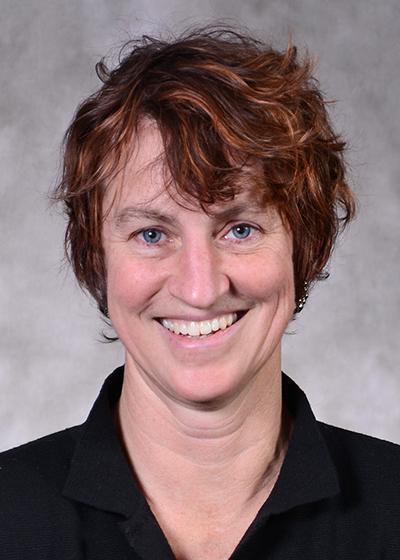I work in environments that are important both as model systems for hypothesis testing in microbial ecology, and for their broad significance to basic science and human societies. First, some of my group studies sulfur cycling, both in the subsurface and in sunlit environments where the geochemistry is similar to conditions on early Earth and possibly on other planets. Second, we study the microbiology of acid mine drainage pollution related to coal and other natural resource extraction. Third, we study how microorganisms degrade hydrocarbons ranging from methane to coal.
I am a microbiologist who studies biological interactions with earth materials — soil, water, atmospheric gases, and rocks. These interactions are encoded in microbial genomes that give us clues about the co-evolution of Earth and the biosphere in deep time. In the present, these interactions are of prime importance to human societies, with implications for greenhouse gas production and consumption, pollutant bioremediation, element cycling, energy production from coal and biomass, and water purification. Our tools are emerging techniques in molecular biology, bioinformatics, and geochemistry. We look at microbial diversity and activity through the lens of microbial ecology.
A core value of my laboratory is that diversity, equity, and inclusion enable excellence and creativity in research.
I joined the Geosciences, Ecology (ICDP), Biogeochemistry (Dual Title), and Astrobiology (Dual Title) Ph.D. programs as a faculty advisor at Penn State in 2004. Prior to joining Penn State, I was a postdoctoral researcher at U.C. Berkeley. My Ph.D. is in Soil Science from U.C. Davis (2000). As an undergraduate student, I studied Geology and Russian language at Carleton College (1991). Although I grew up elsewhere, my parents, grandparents, and great-grandparents lived near the anthracite coal mining town of Shamokin, PA.



